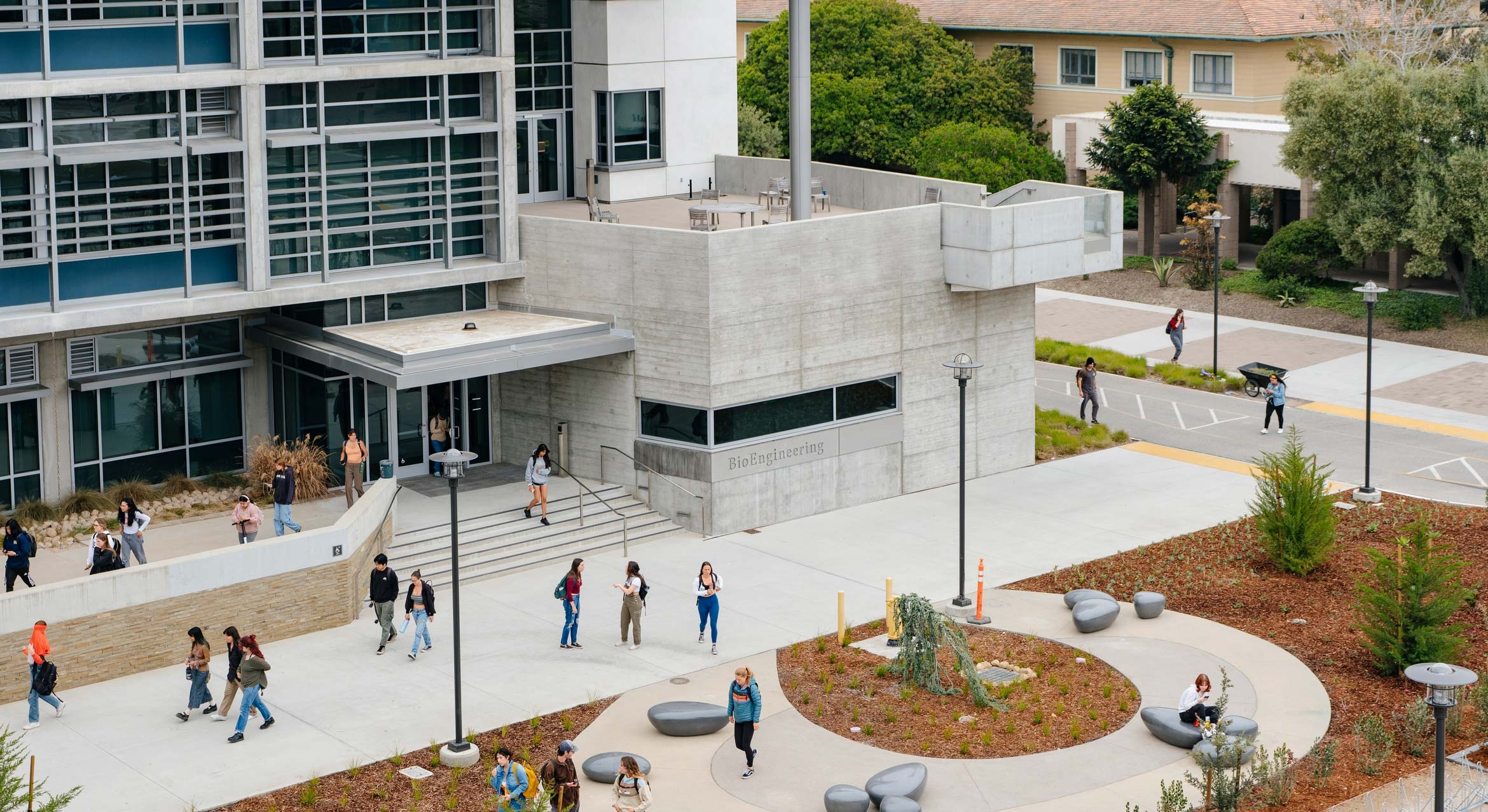
Collaborative Action
A report published last year by the National Academies of Sciences, Engineering and Medicine analyzed existing research and found that between 20 and 50 percent of female students and more than 50 percent of female faculty and staff members experienced sexually harassing behavior while in academia.
The report contends that changes to the culture and climate in higher education are necessary, and provides a roadmap of sorts for making those changes. Now, the National Academies have joined with more than 40 colleges, universities and research institutions — including UC Santa Barbara — to launch the Action Collaborative on Preventing Sexual Harassment in Higher Education.
The action collaborative has four main goals: to raise awareness about sexual harassment and how it occurs, the consequences of sexual harassment, and the organizational characteristics and recommended approaches that can prevent it; share and elevate evidence-based institutional policies and strategies to reduce and prevent sexual harassment; contribute to setting the research agenda and gather and apply research results across institutions; and develop a standard for measuring progress toward reducing and preventing sexual harassment in higher education.
“The National Academy study has shown that more needs to be done, and UC Santa Barbara wants to be part of the process of charting the path to a more inclusive environment so that everyone on our campus — whether they are working, studying or just visiting — will always feel respected and be able to thrive here,” said Joseph Incandela, vice chancellor for research at UC Santa Barbara.
“UC Santa Barbara is a dynamic environment where academic inquiry, scholarly endeavor and boundless creativity lead to discoveries with wide-ranging impact,” notes the campus’s statement in support of the action collaborative. “Our campus thrives on the vigorous exchange of ideas and experiences, which is enhanced by our steadfast commitment to diversity, inclusion and mutual respect. At UC Santa Barbara we are dedicated to creating an environment in which all members of our campus community can live, work and learn free from the threat of sexual harassment.”
“It’s exciting to see academic institutions come together to address sexual harassment in a collective, structural approach to ending long-standing patterns of discrimination,” said Elizabeth Hillman, president of Mills College, a member of the action collaborative’s leadership group and a member of the study committee that wrote the 2018 report.
Said Frazier Benya, a senior program officer at the National Academies who is direction the action collaborative, “We hope that going forward even more colleges, universities and other organizations will join our efforts.”
More information about the Action Collaborative on Preventing Sexual Harassment in Higher Education, including a complete list of members, can be found at www.nationalacademies.org/sexualharassmentcollaborative.



